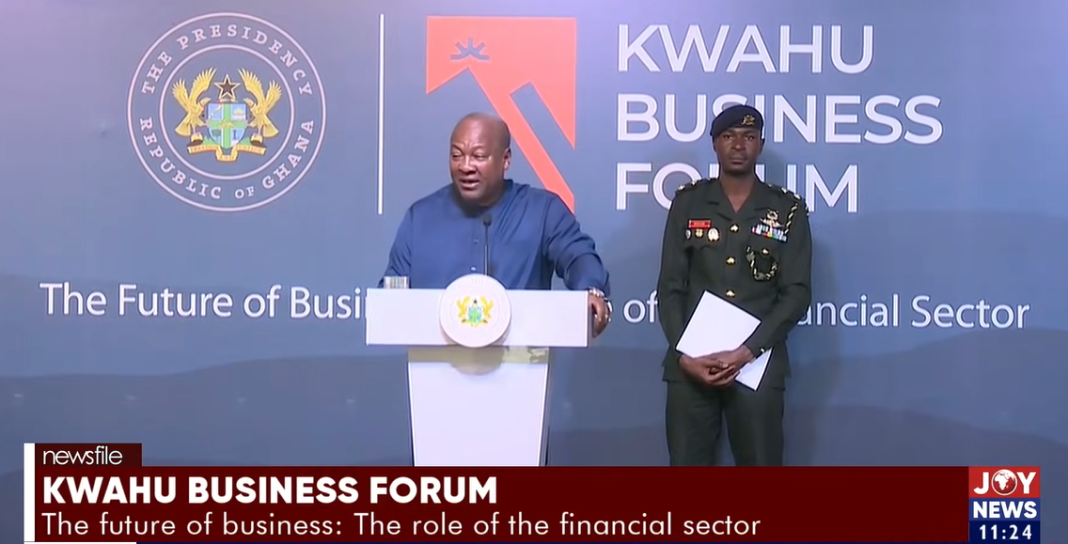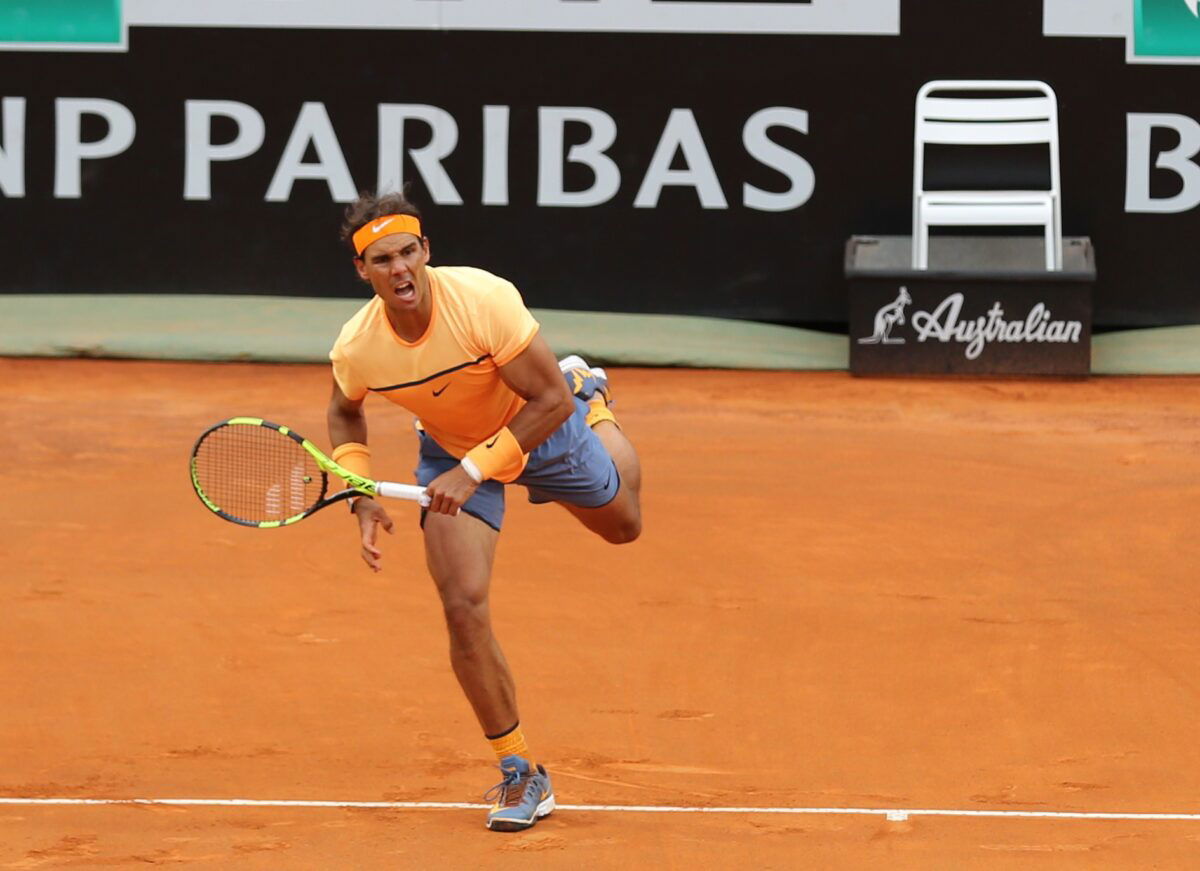Cancer is a hideous disease and the ultimate leveller. No one is immune – not the King of England, the Princess of Wales and certainly not me. Like everyone else who has ever found themselves sitting opposite a doctor being told “you have cancer”, I felt terrified.
It was in July 2024 when my consultant broke the news to me, after a mammogram revealed three shadows in my left breast. A month earlier I had found a lump , which niggled at me, but I dismissed it as a pimple or a cyst. It didn’t hurt after all.

But something else had happened which I realise may sound strange to people who are not perhaps as open to ancient wisdom and alternative therapies as I am (I’m trained in Reiki, a Japanese healing practice). The lay minister Rev Calen Rayne had visited our family seat on the Belvoir Estate in Leicestershire, where I’d asked him to use his divining skills with dowsing rods to help connect the estate with its past. Calen and I had remained good friends and, a month or so before my official diagnosis, he had actually told me – from his home in America, just over the phone – that he felt something was wrong in my left breast and urged me to see a doctor.
He was entirely correct, it turned out. There was indeed a problem in my body. The bad news no one wants to hear As I sat next to my partner Phil, even with this – admittedly unusual – forewarning of ill health, everything went into slow motion as the consultant explained that I had stage two cancer.
Only the day before, I’d been celebrating my youngest child’s 21st birthday party in the Rose Garden at Belvoir Castle. I have five children with David Manners, 11th Duke of Rutland: Violet, 31, Alice, 29, Eliza, 27, Charles, 25, and Hugo, 21. David and I are separated but we’d all gathered to celebrate the occasion; a milestone, not just for Hugo but for me, too.
Every mother’s natural instinct is to get all their children safely into adulthood. Now I had literally done just that, perhaps I couldn’t ask for more, I thought. But there was also a little spark inside saying, “Hang on, I’m only 60, I’ve got a bit of living left to do.
” Running Belvoir Castle with David is one of the greatest, if hugely demanding, honours of my life. I wasn’t done yet. Receiving the diagnosis sent me into my efficient work mode.
“How do we fix this?” I said, thinking I’d treat this illness just like the other problems I encounter on the estate, whether an enormous bill or a leaky roof. There was never any question that I wouldn’t follow my consultant’s advice. I decided to have conventional treatment.
It would have been foolhardy, having come through many generations of evolution of medicine, to have said: “I don’t want any of it.” But I knew I would throw everything at this and explore alternative medicines too. In that instant, it was like I decided to become the boss of my body – everything available would go into my healing.
Looking at my diet was the first step I immediately bought naturopath Dr Sarah Myhill’s book on the paleo-ketogenic diet. Sarah is an old friend – we’d grown up together in the farming community in Wales. The first thing I did was cut out sugar and most carbohydrates.
Sarah argues that sugar can “feed” cancer, so I stripped it all out, instead focusing on protein, including animal produce and upping my intake of vitamin C , which acts as a “trap” for cancer cells. I began fasting too, limiting myself to just one meal a day. Once the body started resetting, I genuinely stopped craving all the addictive things such as alcohol, sugar and carbohydrates.
And changing my diet felt like something I could tackle myself, immediately, as I prepared to get operation-fit. It was actually empowering. My wonderful consultant, Monika Kaushik, has an open mind to a multidisciplinary approach for treatment, so she was fully supportive of my plan to explore all avenues in an attempt to live more healthily and give my body the best chance of survival.
As well as my extraordinary group of clinical practitioners, I gathered a team of people whom I dubbed my “wise counsel” to guide me on this journey. Of course there was Calen, who also recommended I have weekly “pep talks” with Katie Boyd, a nutritionist who helps women tackle health issues through diet and meditation (I practised a guided meditation daily to lower my stress levels). Exercise is vital and while I couldn’t run after the op, I certainly took lots of walks in nature, which grounded me.
Writing a diary was another great outlet. The homoeopathic doctor Philippa Fibert prescribed magnesium tablets and spray to help with my sleep, too. The guilt that surrounds cancer One thing that’s common amongst people with cancer is that they feel guilty for their lifestyles; I, too blamed myself.
For years, I’d given my body a hard journey. Ten pregnancies, five children, smoking in my 40s (a cigarette was a treat once the children were in bed), drinking in my 50s (a glass of wine to unwind at the end of a long day). And I’d never considered my sugar intake really, often buying sweets for the children for the journey to school.
No wonder my system said: “Stop! I’ve had enough!” To complicate matters further, four years ago, I was having an awful time with the menopause . I had a terrible sleep pattern and dreadful night sweats. When a girlfriend suggested trying hormone replacement therapy (HRT), I jumped at the chance.
My gynaecologist discussed the option of gel or implants. Knowing how forgetful I was, I opted for the implant, which only needed to be changed every six months. I wish I hadn’t.
I’m convinced that taking additional hormones was not right for me. Some believe, and I’m amongst them, that it may have contributed to or even caused my cancer. But it’s important to move on and deal with what you have – not dwell in the past.
Up until my cancer diagnosis, I’d paid lip service to alternative therapists and then go straight back to my old, bad patterns of living. Now I felt I’d had a slap on the head from God. It was time to stop procrastinating and do something about it.
Originally, Monika, planned to just remove the 2.5cm lump in my breast. But first, I had to have my coil and implant taken out, followed by a biopsy to see whether or not the two other nodules that had been discovered in my breast were cancerous.
And then an MRI scan. The biopsy, in which a fine needle was injected into my breast without an anaesthetic, was the most painful of all my procedures, and I bled for five days, but it meant a sample of my tissue could be looked at under the microscope. Although the cancer hadn’t spread outside the breast, Monika said it could not be saved because of the extent of the disease, and the operation took place last September, a day after my 61st birthday.
After taking the anaesthetic, I had one last glance at my left breast, said my goodbyes, and cursed it slightly, as it had always been a problem feeding the children and never really behaved. I also reflected on how lucky I am that I could have my tumour removed – many are not so fortunate. I was in the theatre for four hours, though thankfully, it was quite straightforward.
As I came to after the operation, nurses came and went, but I just continued in a calm trance. Of course, it may have been the drugs, but honestly, it felt like a new beginning. For a month after the mastectomy, I went for half an hour of hyperbaric oxygen therapy every day, which involved lying in an oxygen chamber, to increase oxygen in my blood and help the healing process.
I felt everything was worth a go. Two weeks after my operation, with Phil once again by my side, I went to see Monika, who talked me through the results of the biopsy. “It hasn’t gone into your lymph nodes,” she said.
“You will need radiotherapy, and you may need chemo.” These were good signs, I was assured. I was told I needed to wait for a year until I could undergo reconstructive surgery, which I’d really wanted to have as soon as possible.
Losing part of your body is hard to deal with mentally – my way of coping was to make light of it. “Damn!” I said. “No new boobs and tummy tuck for Vi’s wedding.
”(My eldest, Violet, had just got engaged to William Garnock, son of the 16th Earl of Lindsay). We all laughed. I have to admit that having a sense of humour has been helpful when dealing with cancer.
The following day, Monika’s secretary Debbie brought me a post-mastectomy leaflet and a false, sponge-like boob which they match to your old size, called a “softie”. At first, the thought of wearing the wretched thing made me feel like fainting, and there have been a few awkward moments when I’ve lost it and had to shove in an old rag instead. But I’ve now become incredibly attached to it – both literally and metaphorically.
I suppose it’s been a useful lesson in self-acceptance. It was not until almost six weeks after my operation that I actually looked at my scar. Yes, it was ugly – with lots of stitches and cuts – but I can’t let myself be too vain about it.
This is the new me. Phil has not done a runner. He’s been unbelievably supportive throughout.
The nicest thing he’s said is that he doesn’t even notice it. Lacking a boob has not changed my soul or my personality, and I just have to get on with it. White lies to the children While Phil has been by my side every step of the way, I have to admit I tried to keep things from my children initially.
After the biopsy, I did think about telling them but decided against it. Violet had only just got engaged to William, and we had invited his family down from Scotland for the weekend to meet my clan. It was a magical weekend, and I didn’t want my news to overshadow the festivities.
I’d mentioned the mammogram to my youngest daughter Eliza, who was studying in New York. When she called to ask how it went, I told her a white lie because I didn’t want to worry her unnecessarily. There’s a natural instinct to protect your children, especially when they’re on the other side of the world.
I finally told the family, individually, just before my operation last September. Eliza was, understandably, upset that I had kept the truth from her. So from then on, I set up a WhatsApp family group so that everybody would find out everything at the same time.
How the future looks It took a month after the mastectomy before the tests came back – a long, tough wait. But when Phil and I went to the Spire Hospital, in Leicester, my consultant oncologist, Dr Kiran Kancherla, immediately allayed my fears. “I have very good news,” he said.
There was zero chance of the cancer spreading, so I just needed a week of preventative radiotherapy as a precaution. “Yippee!” I cried, and practically skipped out of the appointment. I’ve now had five days of radiotherapy, and I am in remission.
But I’m not taking anything for granted. In the beginning, I felt like my body had been invaded, and I was facing a battle for my life. But I don’t feel like that now.
I’ve completely accepted that cancer was part of me and that, in some ways, my behaviour led me to this moment. Once I accepted it and didn’t fight it, it became a different mentality. My clinical team and so-called wise counsel have helped me immeasurably on this journey – I feel profoundly lucky and grateful to them all.
In fact, as strange as it may sound, I see my cancer as a gift. When Monika removed my left breast, she took with it the guilt, sadness, blame and responsibility I felt for my life choices. Now I’ve found my voice again – and I’ve a lot of living to do.
.
Sports

Duchess of Rutland: Cancer doesn’t care who you are

Cancer is a hideous disease and the ultimate leveller. No one is immune – not the King of England, the Princess of Wales and certainly not me. Like everyone else who has ever found themselves sitting opposite a doctor being told “you have cancer”, I felt terrified.















